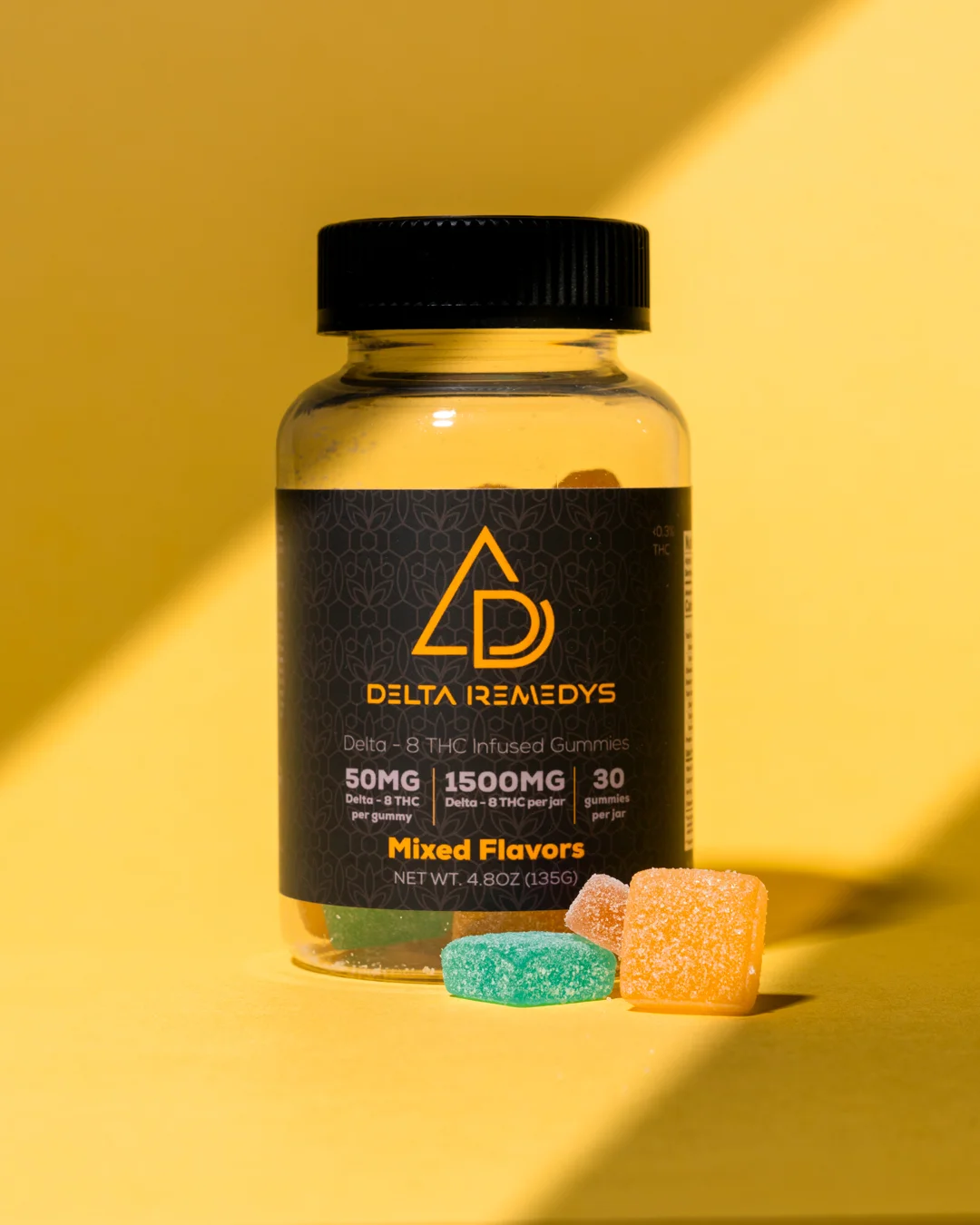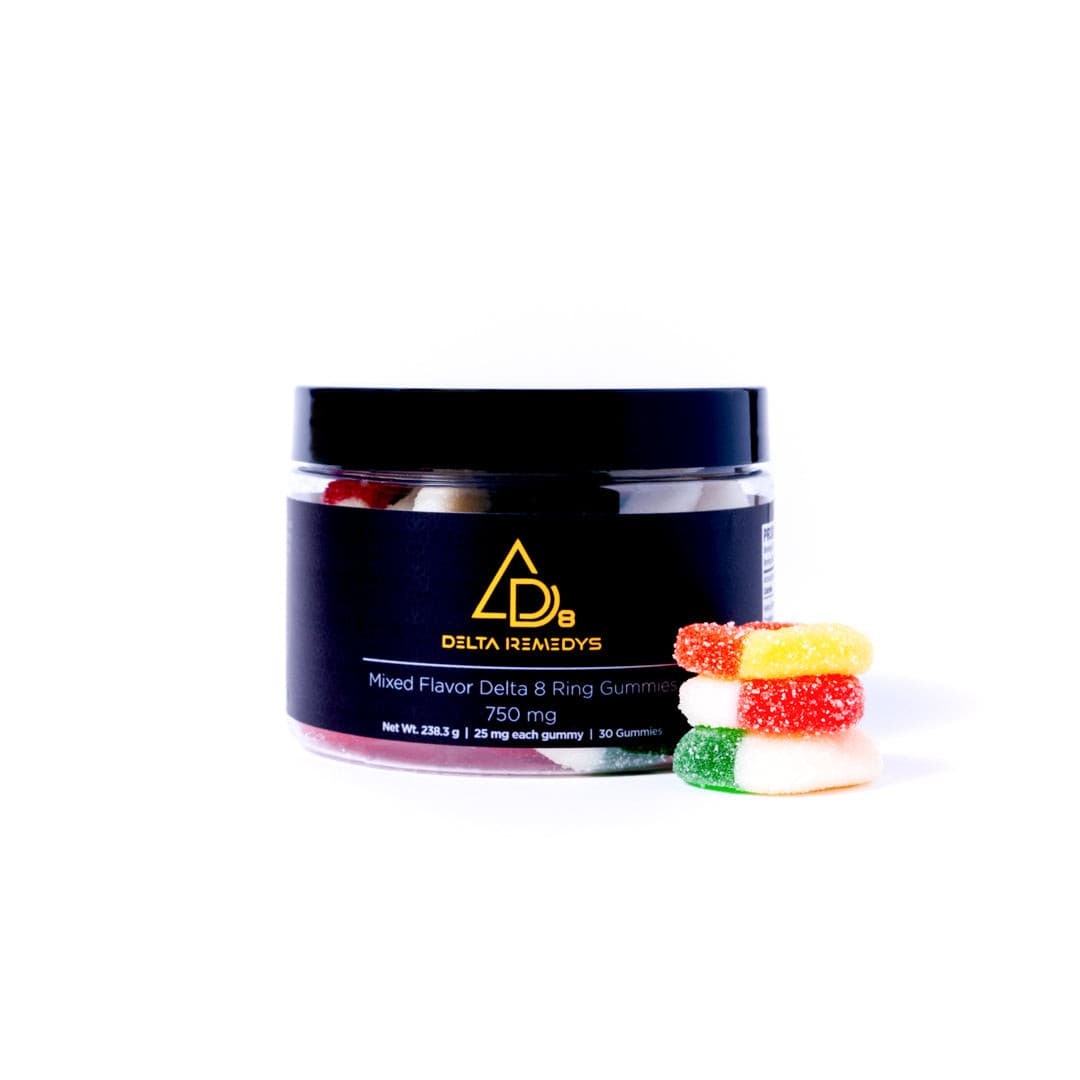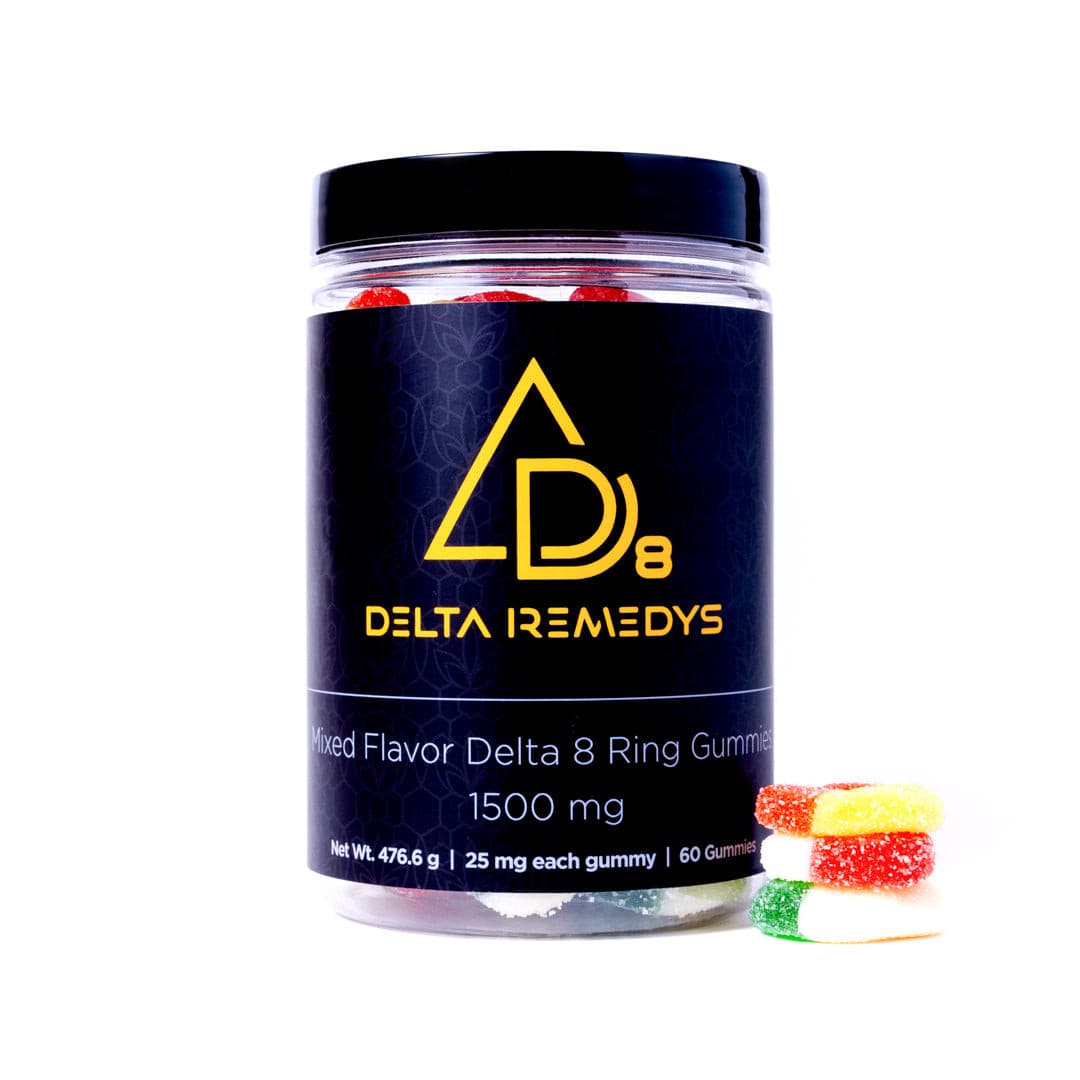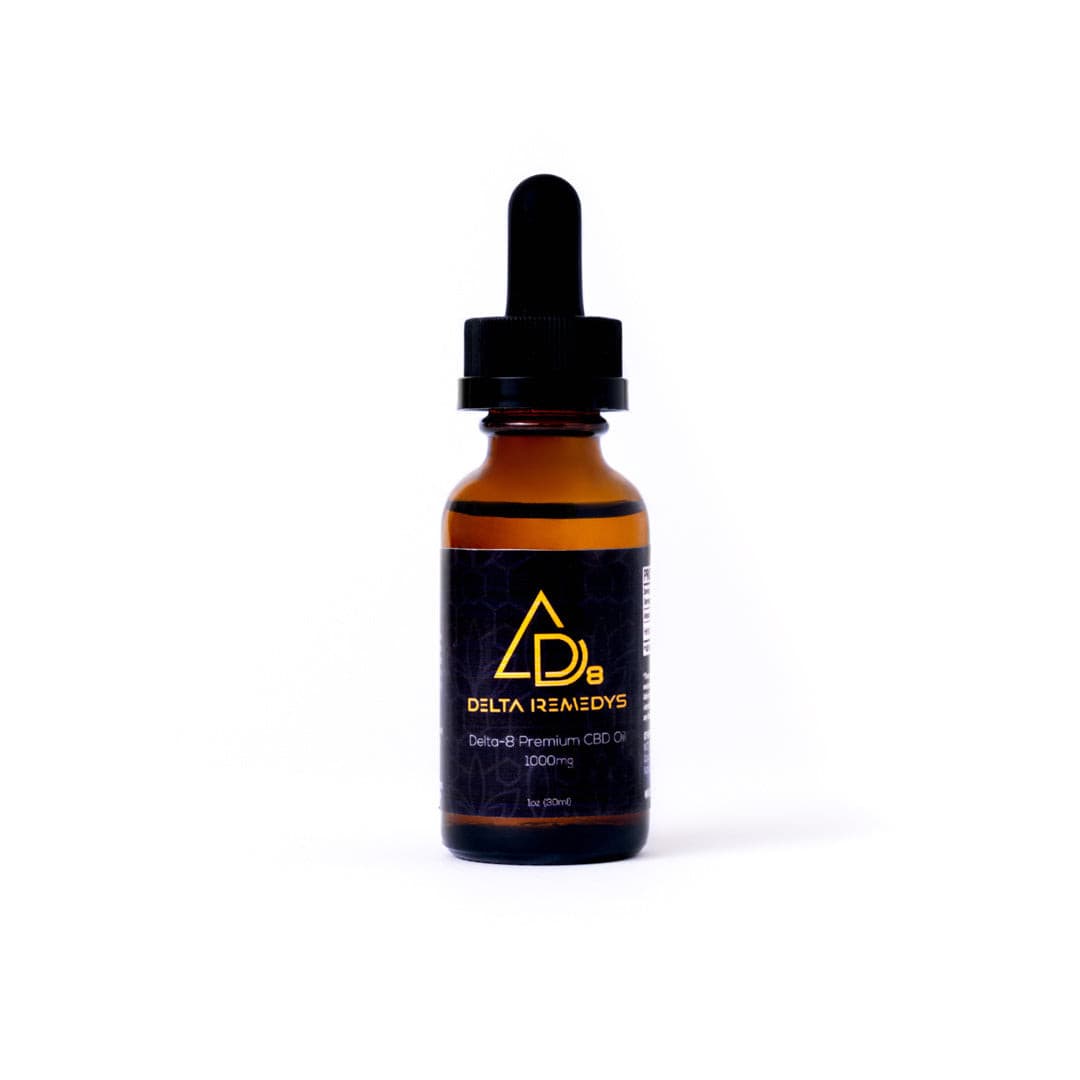What Is THCa? Understanding the Science Behind THCa
Exciting frontiers of discovery are appearing in the ever-changing cannabis industry. One such frontier is the domain of Δ9-Tetrahydrocannabinolic Acid or THCa, a new famous cannabinoid in cannabis flower.
Everyone, from first-time cannabis consumers to seasoned pros in the cannabis journey, is quite curious about this chemical with a unique cannabinoid profile and its therapeutic potential.
Decarboxylation is the process by which THC is produced in the cannabis plant. Tetrahydrocannabinolic acid A (THCa) is a non-psychoactive cannabinoid that is present in raw cannabis plants and is one of the precursors to the THC compound in cannabis.
The effects of smoking, vaping, edibles, or topical applications are impacted by more than one hundred cannabinoids or cannabis compounds produced by cannabis plants with their psychoactive potential.
It is high time you better understand the therapeutic effects of THCa on different health conditions (such as anti-inflammatory, neuroprotective, and antioxidant properties) present in the cannabis plant and learn the science behind the working of this fascinating compound!
This article will help you understand THCa’s complex mechanism of action, molecular structure, psychoactive properties in the natural form, potential health benefits, legal status, and much more!
A Comprehensive Review of THCa
Among the various cannabinoids found in unprocessed cannabis plants is THCa. It is comparably a new entry in the cannabis world. As long as it follows the rules laid out in the Farm Bill, THCa is perfectly lawful at the federal level.
The active chemicals commonly associated with cannabis acid forms, such as the famous Delta-9-THC, rely on it as a precursor due to its chemical structure in acidic form.
Tetrahydrocannabinolic acid A is the predominant cannabinoid in raw cannabis before any processing takes place. It is important to remember when you light up a pre-roll, use a transdermal patch, or bake some tasty edibles to enjoy some potential health benefits.
The chemical process known as decarboxylation converts the THCa in this unprocessed, or “raw form,” cannabis variety into the more active Delta-9-THC, which cannabis enthusiasts love. Delta-9 THC products are one of the top-trending in the world of cannabis.
Some of the possible medical uses of THCa include anti-inflammatory activity, anti-obesity properties, acute nausea reduction, pain management, and increasing hunger in patients with cancer cells. They are usually similar to the benefits of cannabis products.
While further studies are required, preliminary data suggests that THCa may have potential in the treatment of a variety of mental health issues (neurological disorders). The top ones are anxiety, depression, and seizure disorders.
=== split content ===
Gaining Insight into Decarboxylation: How THCa Is Transformed
To understand why high-potency THCa does not have an intoxicating effect on cannabis enthusiasts, one must be familiar with the chemical structure and the decarboxylation process, an essential step in raw cannabis buds production.
THCa has a carboxylic acid group in its chemical structure which is present between the carbon chain and hydroxy group. The carboxylic acid group can be found in the first position at the start of the connection point of the carbon chain.
Decarboxylation (removal of carbon dioxide), which occurs when cannabis is heated (as in smoking, vaping, or cooking some percentages of THCa), activates the potential euphoric effects of the crystal structures.
This is the process by which the main psychoactive component of cannabis, Delta-9-THC, is transformed from the non-psychoactive molecule THCa (which has an extra carboxylic acid group). It all takes place due to the activation by heat, as direct heat or close contact with heat can change the entire structure of chemical compounds.
Nonetheless, high-potency THC retains its original form (with the carboxylic acid group) without this mechanism, as per cannabinoid research.1(1). In simple words, THCa is more water soluble in nature as compared to THC. So, when you make a cup of cannabis tea, for example, you get THCa primarily with a decreased amount of THC in your cup of cannabis tea, without any adverse effects.
It provides many potential advantages when you follow the right cannabis dosage program without the intoxicating effects. Such as pre – rolls working as an appetite stimulant or helping with neurodegenerative disease.
The Scientific Working Mechanism
Hemp plants store THCa in their trichomes after synthesizing it from cannabigerolic acid (CBGa). The process of its decarboxylation to THC, which is triggered by heat, is an essential component of its effects on human beings. It is noteworthy that THCa is gaining traction in medicinal and therapeutic studies, even though it does not bind to cannabinoid CB1 receptors and CB2 receptors.
Understanding the complex biochemistry of THCa can help advance cannabis science. It sheds light on this important chemical compound’s transformation and action mechanisms.
You won’t get “high” by consuming high-potency THCa because it isn’t psychoactive but more of a non-psychoactive compound. This is because THCa is ineffective in binding to cannabinoid type 1 (CB1) receptors, which are highly specific for THC products.
Studies on THCa have revealed that, contrary to popular belief, it does not bind extensively to cannabinoid receptors. However, we can confirm that THCa-rich extracts exhibit anti-inflammatory activity and neuroprotective effects when dealing with some severe medical conditions.
Additionally, high-potency THCa has demonstrated anti-nausea and anti-vomiting effects, appetite stimulation properties, and a significant decrease in body fat.
Among anti-inflammatory, neuroprotective, and antioxidant properties, neurodegenerative illnesses, such as Huntington’s, may be slowed or prevented by the possible neuroprotective properties of THCa, according to cannabinoid research.2(1) studies.
Colitis and IBS are two more medical conditions this compound chain of THCa can help. Initial results indicate that high-potency THCa has the potential to alleviate seizure disorders in cannabis users.
Effects of THCa on the Human Body
The endocannabinoid system (ECS) regulates the psychoactive effects related to the chain of THCa in humans.
Endocannabinoids are primary cannabinoids that occur naturally in the body and carry out vital physiological processes. They are part of a complex network including enzymes and receptors that link to chronic cannabinoid content. This system, with high percentages of THCa, controls several physiological functions, such as pain, inflammation, appetite, and mood.
Raw THCa does not interact with the ECS in any way and does not produce any intoxicating effects. The process of decarboxylation converts chronic cannabinoid THCa into THC, which is then able to exhibit its effects. The cannabinoid CB1 receptors and CB2 receptors can connect to THC when this transformation takes place, according to cannabinoid research.1(1).
Although specific percentages of THCa do not directly interact with the ECS in its raw form, it does not mean it won’t affect the human system. New research suggests that some people may benefit from high-potency THCa-rich cannabis extracts in terms of psychoactive effects.
Pharmacological Effects of THCa In the Light of Science
According to cannabinoid research.2(1) studies, unlike THC, the potential immuno-modulating properties of THCa, along with unheated C.sativa extracts, are not mediated via the CB1 and 2 receptor-linked pathways.
THC and heated C. Sativa extract increased TNF-alpha after continuous treatment, whereas the right potency of THCa inhibited it for longer in U937 and peripheral blood macrophages.
We know that certain levels of THCa and unheated C. Sativa extracts inhibit PC-PLC activity in a dose-dependent manner, while THC only induces PC-PLC activity at high concentrations. This suggests that THCa and THC produce their immunomodulating effects on PC-PLC activity through different metabolic pathways, as their impacts on PC-PLC activity are distinct.
According to cannabinoid research.2(1) on the anti-inflammatory effects of C. sativa flower extracts on colon models using three different types of colon epithelial cells and colon tissue from an inflammatory bowel disease (IBD) model indicated that the THCa in fraction 7 (F7) of the C. sativa extract was responsible for these effects.
Nevertheless, under specific concentration conditions, all parts of C. sativa exhibit heightened cytotoxic activity and suppress gene expression of COX-2 and MMP-9 in both cell culture and colon tissue.
This indicates that the anti-inflammatory activity and cytotoxic activity of C. Sativa extracts on colon epithelial cells and colon tissue are caused by a part of the extract containing a significant form of THCa and are mediated, in part, by the GPR55 receptor present in colon tissues.
When all fractions were combined at a particular concentration, the cytotoxic activity of the C. sativa extract in blood levels of epithelial cells was enhanced. The effect of the CB2 receptor antagonist, which stimulated cell proliferation, was partially mitigated in blood levels of epithelial cells due to the potency of THCa.
A nonpsychoactive approach to inflammatory bowel disease (IBD) treatment could involve tetrahydrocannabinolic acid A instead of CBD. It also helps prevent cancer cell growth under certain conditions via cell proliferation.
Potential Benefits of THCa
Although a majority of cannabis medical studies have focused on cannabidiol (CBD) and tetrahydrocannabinol (THC products), researchers are beginning to discover that other, less well-known cannabinoids may have vital functions without any common side effects. One of the top ones is the significant benefits of THCa.
Research on THCa, a component of the cannabis plant, is still in its early phases. However, some possible health benefits and therapeutic properties of high-quality products with ideal potency of THCa, such as pre – rolls and gummies, are starting to be revealed.
Let’s go into some fascinating studies showing the potential benefits of THCa:
Possible Neuroprotective Effects of THCa
THCa is a Potent Pparγ Agonist when we talk about neuroprotective activities, as per the British Journal. The studies found that THCa, an inactive precursor of THC, can protect neurons in animal models suffering from inflammation and oxidative stress caused by a mutant Huntington protein.
This matters significantly since neurodegenerative illnesses such as Parkinson’s and Alzheimer’s are primarily caused by damage to nerve cells. They are the major contributors in the brain issues.
In addition to presenting damage to brain cells, THCa has several other beneficial effects, such as increasing the production of new neurons, which improves cognitive performance and motor deficiencies. These results suggest hemp-derived products with THCa may have great potential as a therapy for several neurodegenerative illnesses.
THCa Can Help Reduce Body Weight & Fat
Can THCa help with fat loss? There is some scientific evidence that suggests THCa may aid in decreasing body weight with its anti-obesity properties.
According to cannabinoid research.2(1),THCa may have effects that help people lose body weight. Research on mice indicated that THCa aided in fat loss by raising metabolic rate and increasing caloric expenditure.
The study didn’t look at how THCa worked, but the authors think it could be because it activates brown adipose tissue (BAT), which is known to regulate metabolism. These results suggest that THCa may be a valuable new weapon in the battle against obesity; however, additional research is needed to validate this which is similar to the case of inflammatory conditions.
Pain-Relieving Effects of THCa
Possible advantages in pain alleviation could be derived from THCa’s analgesic effects. Opioid drugs are known to cause addiction and a host of other adverse side effects; this quality makes it a potential substitute. Investigating the advantages of THCa paves the way for new, maybe safer, ways to treat a range of medical issues.
THCa has also shown results in treating pain and severe headaches associated with autism spectrum disorder. Some other symptoms that can be prevented with THCa include inflammatory conditions and nausea in autism spectrum disorder patients.
Anti-Nausea and Anti-Vomiting Effects of THCa
Traditional medicine practitioners have relied on cannabis for a wide range of ailments for centuries. Its antiemetic effects to alleviate nausea are one of its most famous uses. Many of the beneficial effects of cannabis’s anti-anemic properties are believed to be due to THC and CBD.
Recent research shows these effects may be better exhibited in mouse models when these cannabinoids, specifically THCa and CBDa, are raw. Also, there are minimal chances of negative side effects as compared to their legitimate physiological effects.
Possible Anti-Inflammatory Activity of THCa
According to some research, THCa mediates the inflammatory response by interacting with COx pathways, diminishing inflammation in both cell and animal models.
From inflammatory bowel disease to arthritis, lupus, and chronic pain, the inflammatory condition is frequently at the heart of many health problems.
Whether or not THCa has the same anti-inflammatory properties in people remains an open question. However, if other studies return similar results, it could open the door to using THCa to treat various inflammatory conditions, especially with excessive body weight. The best thing is, without any adverse psychotropic effects. That is why this fantastic cannabinoid in the cannabis plant (THCa) is called the non-psychoactive precursor of THC.
Negative Effects of THCa
It has not been established that THCa, on its own, is capable of producing intoxication or just psychoactive effects. You won’t get high from eating raw THCa or eating gummies made from it, but it will show up in drug tests, and you might not pass them.
Side effects such as nausea, indigestion, an upset stomach, allergic responses manifesting as itching, skin rashes, or respiratory symptoms, or undesirable drug interactions with prescription drugs are possible when consuming THCa, even without the high of THC.
On the other hand, changing THCa’s characteristics creates an immediate risk. The legal version of the compound can be transformed into the psychoactive ingredient THC by heating, cooking, or vaping it.
Immediate adverse reactions to heating or smoking THCa include:
- Perception change
- Cognitive and memory impairments
- Dehydration and increased desire to drink
- Swollen red eyes
- Rapid heartbeat
- Nervousness and insanity
In the long run, smoking THCa can also have adverse effects.
Using THCa regularly, especially while one is a teenager, might have adverse effects. When people use THCa regularly, they run the risk of becoming addicted and experiencing unpleasant withdrawal symptoms when they cut back.
In the same way that smoking any substance can harm lung health, smoking THCa for prolonged periods can cause severe problems with breathing, including chronic bronchitis.
Anxieties, psychosis, and depression are among the mental health issues that have been associated with long-term or excessive use of high-potency THCa.
Important FAQs
How does THCa classify as an acid?
THCa-A, also known as 2-carboxy-THC or Δ9-tetrahydrocannabinolic acid A, is an acidic form of the primary psychoactive component in cannabis sativa, Δ9-tetrahydrocannabinol (THC). Cannabigerolic acid is the biosynthetic precursor of THCa-A.
What are the factors relating to the legality and safety of THCa?
Regulations regarding the legality of tetrahydrocannabinolic acid A vary by location and are often in line with those regarding THC itself. If you care about safety and effectiveness, you must get THCa concentration and impurities tested by an independent lab. Before beginning a regimen including THCa, consumers should research the regulations in their area and talk to their doctors. Encouraging appropriate and informed use of THCa by navigating its legal and safety implications promotes positive experiences while safeguarding persons.
Is it possible to detect THCa in a drug test?
An accurate assessment of a drug test will reveal the presence of both THC and THCs according to the analytical process. You are likely absorbing THCs in addition to THC from smoked or dabbed weed because it is impossible to decarboxylate the full THCs content into THC completely. Some rosin and hash-based gummies also contain THCa as the inactive precursor of THC because they do not isolate the cannabinoids. However, this is less likely now that lab testing is mandatory.
What Is the best way to use THCa?
Ingesting raw or unheated cannabis or dabbing a product called diamonds—an extract of pure THCa—are two of several methods to absorb THCa. So, if you don’t heat or light your cannabis to enjoy its cytotoxic activity, it will retain its THCa content because it is found in undercarboxylated C. Sativa flowers. You can also find THCa in pill form, patches, topicals, gummies, and more if you’d rather not ingest the flower or dab on diamonds. Your best chance is to ask your local seller what THCa or hemp-derived products they have in stock (with or without unheated cannabis).
What is the difference between THC and THCa?
The inability to obtain THC without first obtaining the non-psychoactive or inactive precursor THC via an analytical process is a key distinction between the two. This is because light and heat can transform THCa into THC. Moreover; THCa also does not have any intoxication properties but only therapeutic benefits, such as treatment for inflammatory conditions by linking to brain receptors under the influence of cannabis decoction. It also plays a vital role in the Anxiolytic Cannabis Chemotype.
Is THCa a stable chemical compound by nature?
Although THCa is abundant in freshly harvested cannabis, it becomes unstable in regulated storage conditions and easily decarboxylates into THC when exposed to light and heat. It is practically impossible to eliminate THC contamination in THCa since, according to one study, the compound decarboxylates, regardless of whether it is stored at temperatures between 4 and 18ºC (39-64ºF).
Final Thoughts
The medicinal and scientific uses of THCa in cannabis and the treatment of metabolic disease are particularly noteworthy. Various extraction techniques of C. Sativa extract and its consumption meet different demands (such as the Anxiolytic Cannabis Chemotype). Still, it is very important to learn and understand the legal status of THCa and prioritize the safety of this fascinating psychoactive compound.
New therapeutic paths and the continued importance of hemp in health may be revealed by THCa research in the future. Although the research is still in its early phases regarding THCa, it is believed that future research will verify the super effects of this cannabis compound.
Decarboxylation of the acidic cannabinoid THCa, which is present in unprocessed cannabis plants, produces the psychoactive cannabinoid THC. It works as the acidic precursor for the process.
This compound, which contains acidic cannabinoids, possesses numerous possible therapeutic uses, according to clinical trials. For example, it is a great medication due to its anti-inflammatory activity and helps prevent inflammatory conditions in many medical issues.
It may also help reduce appetite loss and pain and reduce nausea. Neurological diseases such as Parkinson’s and Alzheimer’s have also seen some improvement in response to active compounds of cannabinoid acids present in THCa treatment. Its anti-inflammatory and neuroprotective properties made it a unique compound in no time!
The exciting point is that THCa has an ever-expanding list of uses, but only if you follow the right cannabis dosage program. Still, discussing with your healthcare professionals if you are suffering from any unique health issue is essential when you have plans for cannabis decoction.






